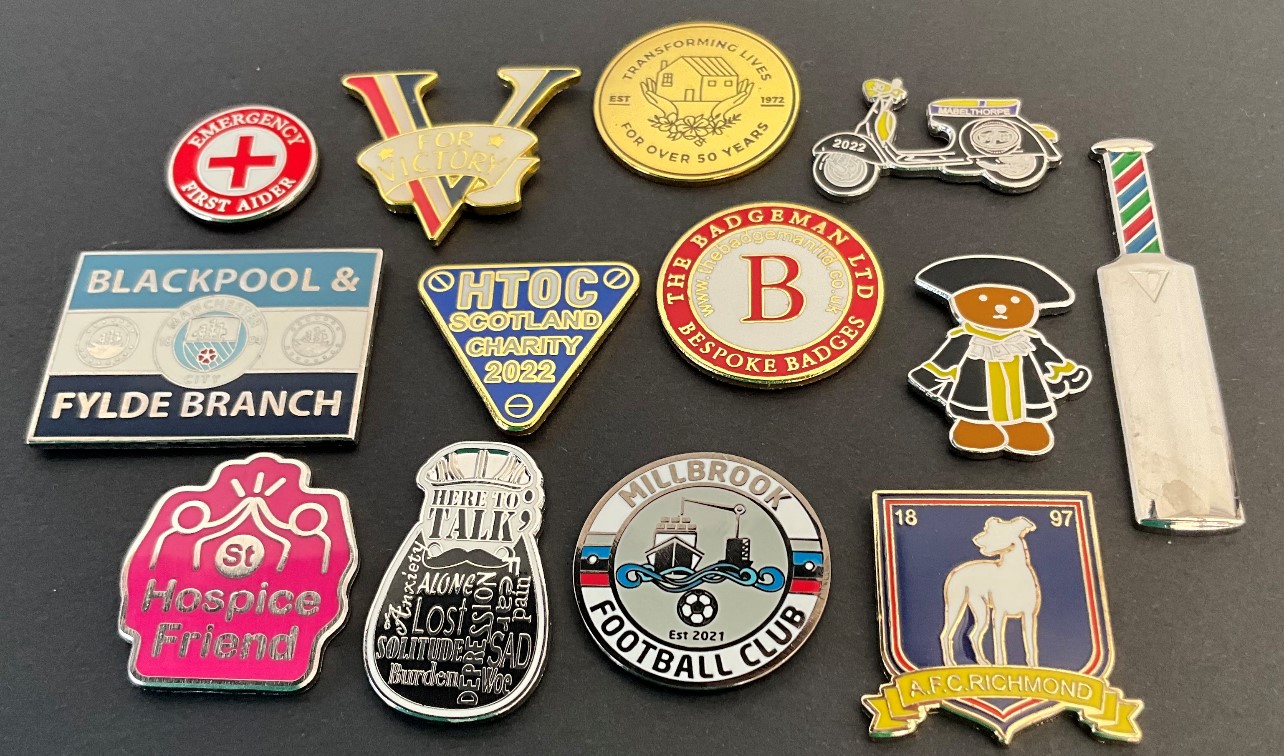The Unseen Engine Behind India’s Startup Boom
In the bustling lanes of India’s retail revolution, a silent hero has emerged: the humble product barcode. For startups aiming to transition from local markets to national shelves, these striped codes have become the golden ticket. By standardizing product identification, streamlining inventory, and enabling seamless billing, barcodes have transformed countless homegrown brands into household names. Behind this shift lies a critical step—Barcode Registration in India—a process that ensures compliance, credibility, and access to organized retail networks.
From Kitchen Tables to Supermarket Shelves: A Case Study
Consider the journey of a Mumbai-based organic snacks brand. Initially sold at weekend farmer’s markets, their handmade products gained a loyal following. But scaling required more than taste—it demanded logistics. Without barcodes, modern retailers refused to stock their items. After registering unique product barcodes, the brand secured placements in 200+ stores nationwide. The barcode became their identity, enabling automated stock tracking and real-time sales data. Within two years, their revenue grew by 300%, proving that scalability starts with a simple scan.
Barcodes: The Gateway to Organized Retail
For Indian startups, entering large retail chains or e-commerce platforms is nearly impossible without a product barcode. These codes serve as universal identifiers, ensuring products are recognized across billing systems, warehouses, and delivery networks. Brands that skip Barcode Registration in India often face rejection from distributors, who rely on these codes for inventory accuracy. Moreover, barcodes eliminate human error in pricing and product details, building trust with both retailers and consumers.
The Registration Blueprint: Simplifying Compliance
Navigating Barcode Registration in India can seem daunting, but the process is designed for efficiency. Startups must obtain unique Global Trade Item Numbers (GTINs), which are encoded into barcodes. Reputable providers offer verified, double-check digit barcodes that comply with GS1 standards—a prerequisite for most retailers. The registration typically involves:
- Application Submission: Basic business and product details.
- Barcode Allocation: Unique codes assigned to each product variant.
- Integration: Adding barcodes to packaging design.
With digital portals and dedicated support, even first-time entrepreneurs can complete registration in days, not weeks.
Trust: The Invisible Currency in Barcode Partnerships
Choosing a barcode provider isn’t just about cost—it’s about credibility. Startups prioritize partners with zero post-purchase complaints, recognized certifications, and a track record of serving thousands of clients globally. Features like Google verification and trusted payment gateways signal reliability, assuring businesses their codes won’t fail at checkout counters. For instance, providers with 400+ five-star reviews often offer round-the-clock support, resolving issues like barcode duplication or scanning errors swiftly.
Beyond Retail: How Barcodes Fuel Data-Driven Growth
Modern barcodes do more than track inventory—they unlock insights. Startups use scan data to identify top-selling regions, optimize pricing, and forecast demand. A Delhi-based skincare brand, for example, leveraged barcode analytics to discover that their aloe vera gel sold 50% faster in South India. This intel guided targeted marketing campaigns, boosting national sales by 40%. In an era where data is king, barcodes serve as silent strategists.
Avoiding Pitfalls: Lessons from the Frontlines
Not all barcode journeys are smooth. Some startups learn the hard way that unverified codes lead to rejected shipments or fines. One Jaipur-based apparel brand faced a crisis when their budget barcodes failed to scan at a major retailer’s warehouse. After re-registering with a certified provider, they regained access—but lost six critical months. The lesson? Cutting corners on Barcode Registration in India risks reputation and revenue.
The Future: Smart Barcodes and Sustainability
As India’s startup ecosystem matures, barcodes are evolving. QR codes now link to product origins, ingredient lists, or loyalty programs, enhancing consumer engagement. Eco-conscious brands use biodegradable barcode labels, aligning with sustainability goals. For startups, these innovations aren’t just trends—they’re tools to differentiate in crowded markets.
A National Movement, One Scan at a Time
The story of Indian startups going national isn’t just about grit or innovation—it’s about details. A product barcode, often overlooked, bridges the gap between local charm and national ambition. With streamlined Barcode Registration in India and trusted partners, even the smallest brands can dream big. As retail landscapes digitize, those who embrace this silent ally will continue to write India’s entrepreneurial success stories.




